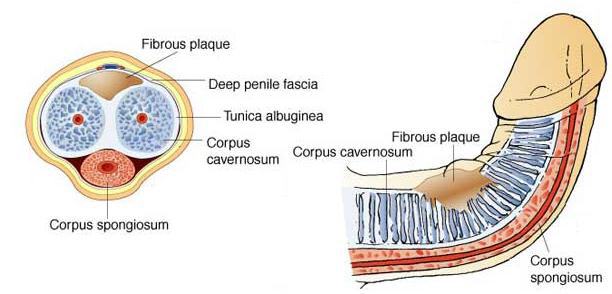
Tips For Dealing With Your Partner’s ED
April 26, 2018
Sexual Health Penile Curvature
April 26, 2018If you experience a frequent and urgent need to urinate, suffer from a weak or slow stream and have a hard time emptying your bladder, it could be due to an enlarged prostate, otherwise known as benign prostatic hyperplasia (BPH).
The symptoms of BPH often include interrupted sleep and urinary problems, and can cause loss of productivity, depression and decreased quality of life. The good news for men in Northern Virginia is that a product called Urolift® is now available.
The UroLift System treatment is a new FDA-approved minimally invasive approach to BPH treatment that lifts and holds the enlarged prostate tissue out of the way so it no longer blocks the urethra. This BPH treatment does not require ongoing medication, cutting, heating or removal of the prostate tissue. It is performed in the office setting, under local anesthesia in less than 10 minutes. In most cases, no catheterization is needed. Studies show fantastic improvement in urinary symptoms for at least five years of more. Ten years data will be published soon. Urolift® is covered by most insurances in Northern Virginia, including Medicare.
What is your prostate?
The prostate is a chestnut shaped gland in men that produces the fluid that carries sperm during ejaculation. The prostate gland surrounds the urethra, the tube through which urine passes out of the body. After the age of 45, when most men no longer plan to have children, it is thought that the prostate gland no longer serves any useful purpose. It actually becomes a troublemaker, such as prostate enlargement, prostate inflammation (prostatitis), and prostate cancer.
Prostate enlargement happens to almost all men as they get older. Some men can develop prostate sizes of 250 grams or more (size of a large orange). Prevention of prostate trouble starts with a balanced diet rich in zinc (sesame), omega-3 fatty acids (fish), lycopene (tomato), vitamin C (bell peppers, broccoli, etc.), smoking cessation, reduction of alcohol intake, and timed voiding.
After a careful history and physical exam, including a PSA test and digital rectal exam, your primary care physician or urologist may prescribe medications such as alpha blockers (i.e., Tamsulosin) or 5 AR inhibitors (i.e., finasteride).


